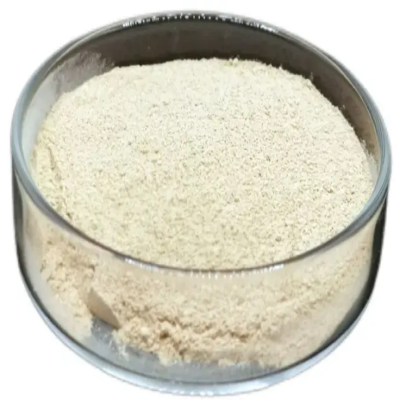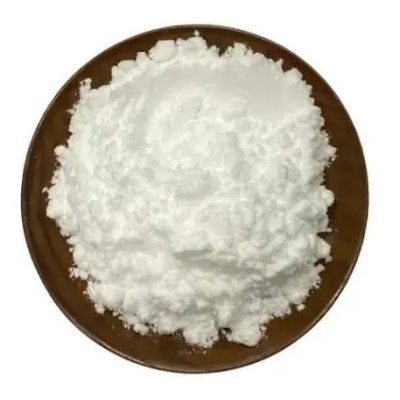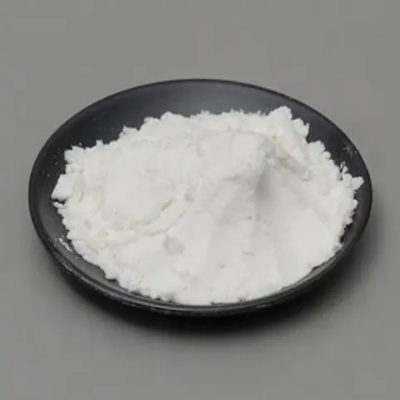(R)-Amino-(tetrahydro-pyran-4-yl)-acetic acid methyl ester CAS:871301-35-8
Growth promotion: L-Arginine is known to stimulate growth hormone release in animals, which can contribute to improved growth and development. It promotes protein synthesis, which is essential for muscle growth, and can enhance overall body weight gain in animals.
Nitric oxide production: L-Arginine is a precursor for nitric oxide (N
(R) -Amino-(tetrahydro-pyran-4-yl)-acetic acid methyl ester holds promise in medicinal chemistry as a valuable intermediate for developing potential drug candidates targeting specific biological pathways or molecular targets. Researchers can explore its pharmacological properties by assessing its interaction with biological receptors, enzymes, or cellular processes to evaluate its therapeutic potential. The compound's chiral nature may be leveraged to design enantiomerically pure compounds with enhanced bioactivity and reduced side effects. In organic synthesis, this compound can be utilized as a synthetic precursor for accessing structurally diverse molecules through derivatization or transformation reactions. Its incorporation into synthetic routes facilitates the preparation of complex molecular architectures for investigating structure-activity relationships or designing new chemical entities with tailored properties. By leveraging its stereochemistry and reactivity, researchers can advance synthetic methodologies and contribute to the development of innovative compounds for various scientific and industrial applications. Overall, (R)-Amino-(tetrahydro-pyran-4-yl)-acetic acid methyl ester showcases versatility and potential in advancing drug discovery efforts, organic synthesis endeavors, and chemical innovation, underscoring its significance in promoting scientific knowledge and pharmaceutical advancements.
O) synthesis in the body. Nitric oxide is involved in various physiological processes, including blood vessel dilation, immune function, and cell signaling. Supplementing L-Arginine in animal diets can enhance NO production, leading to improved blood flow, immune response, and nutrient absorption.
Immune function: L-Arginine plays a crucial role in supporting the immune system. It is involved in the production of immune cells, such as T-cells and macrophages, as well as antibodies. By providing an adequate supply of L-Arginine in animal diets, immune function can be optimized, leading to improved disease resistance and overall health.
Reproductive performance: L-Arginine is essential for reproductive processes in animals. It is involved in sperm production and motility in males and can enhance fertility. In females, L-Arginine supports the development and function of the uterus and placenta, enhancing reproductive performance and increasing litter size.
Stress management: L-Arginine has been shown to have a positive impact on animals' stress response. It can reduce stress-induced cortisol levels and promote a state of relaxation. By supplementing L-Arginine in animal diets, stress tolerance and overall well-being can be improved.



| Composition | C8H15NO3 |
| Assay | 99% |
| Appearance | white powder |
| CAS No. | 871301-35-8 |
| Packing | Small and bulk |
| Shelf Life | 2 years |
| Storage | Store in cool and dry area |
| Certification | ISO. |









